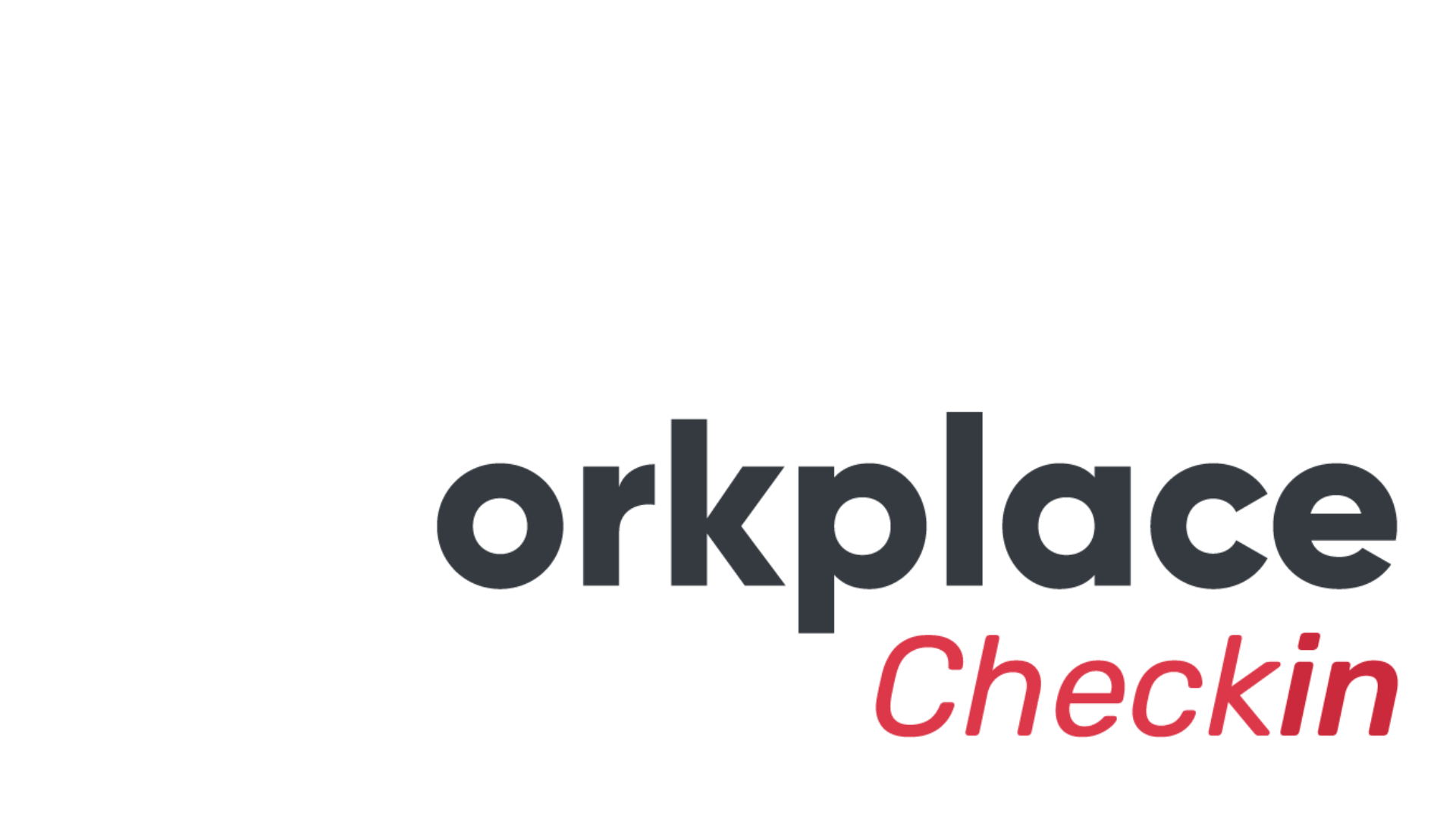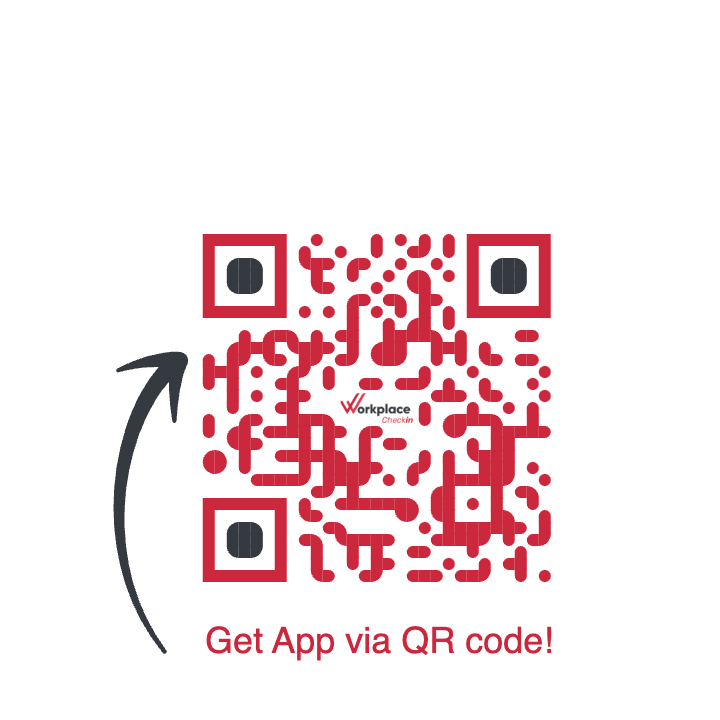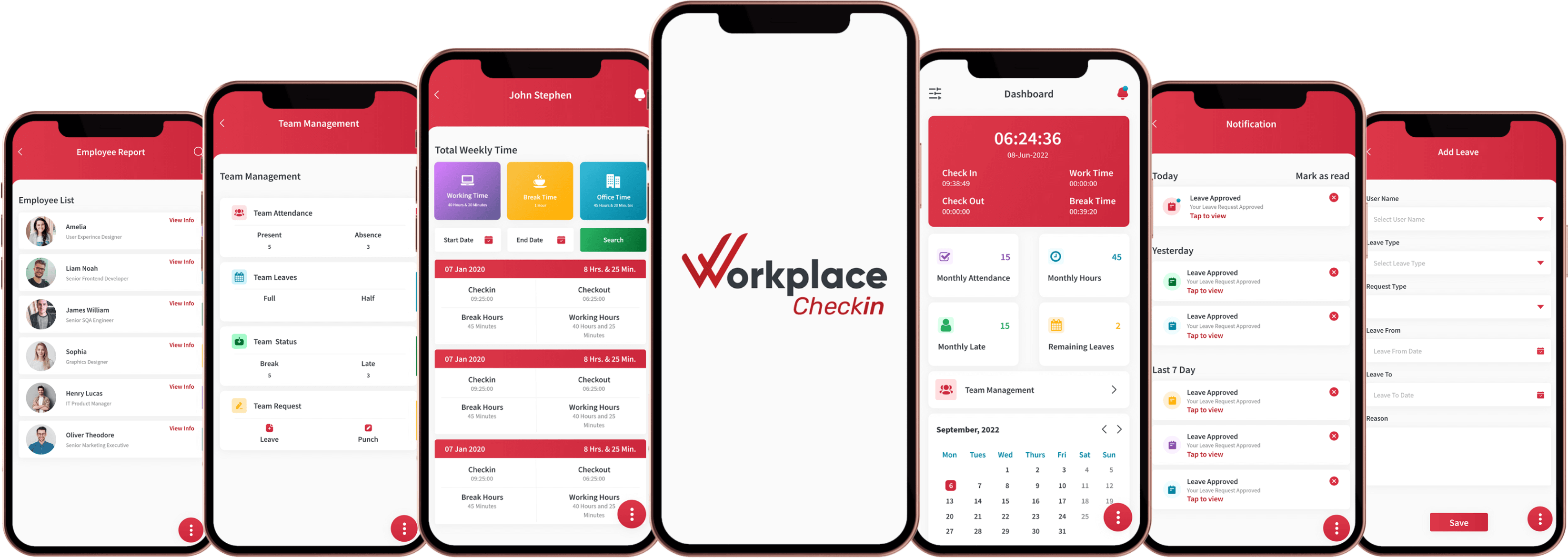

Introduction
In today's rapidly evolving business landscape, Human Resource Information Systems (HRIS) play a pivotal role in streamlining HR processes, enhancing data accuracy, and fostering organizational efficiency. As businesses embrace digital transformation, the implementation of HRIS becomes crucial for staying competitive and ensuring effective workforce management.
While the benefits of HRIS are undeniable, the journey of implementation is riddled with challenges. This blog aims to shed light on the common hurdles encountered during HRIS implementation and provides insights into overcoming them, ensuring a smooth transition and maximizing the potential of your HRIS investment.
Understanding HRIS Implementation Challenges
Lack of Proper Planning
Many organizations plunge into HRIS implementation without conducting a thorough needs assessment. This oversight can lead to the selection of an inadequate system, resulting in suboptimal outcomes. We'll explore the importance of a comprehensive needs assessment and how it forms the foundation for successful HRIS implementation.
The absence of a well-defined implementation strategy can derail even the most promising HRIS projects. Delve into the key components of a comprehensive strategy, covering everything from timeline development to resource allocation, to ensure a roadmap for success.
Resistance to Change
Employees may resist the adoption of new HRIS due to concerns about job security, workflow disruptions, or fear of the unknown. Learn how to identify and address these concerns through proactive measures, fostering a culture of openness and cooperation.
Communication is key to overcoming resistance. Explore strategies for crafting transparent and persuasive communication plans, ensuring that employees understand the benefits of HRIS and feel empowered to embrace the change.
Data Migration Issues
Ensuring the accuracy and integrity of data during migration is a paramount concern in HRIS implementation. Migrating inaccurate or corrupted data can lead to serious consequences, affecting decision-making and operational efficiency. In this section, we'll delve into the significance of data accuracy, exploring potential pitfalls, and offering practical tips to maintain data integrity throughout the migration process.
Data migration doesn't have to be a headache. Discover strategies to ensure a seamless transition of data from legacy systems to the new HRIS. From thorough data cleansing techniques to creating a detailed migration plan, we'll guide you through the steps necessary for a successful and smooth data migration process.
Integration Challenges
Integrating HRIS with existing systems poses a significant challenge for organizations. We'll discuss the importance of cohesive coordination between HRIS and other systems, highlighting potential bottlenecks and offering solutions to streamline the integration process. Learn how to optimize workflows and data flow across your organization's tech ecosystem.
Compatibility issues can hinder the seamless integration of HRIS into your existing software infrastructure. Explore methods to ensure compatibility, including API utilization, system testing, and collaboration with IT teams. Discover how a harmonized software environment can enhance overall organizational efficiency.
Insufficient Training and Support
User training is a linchpin for successful HRIS adoption. Uncover the crucial role of comprehensive user training programs in overcoming resistance and ensuring that employees harness the full potential of the new HRIS. We'll provide insights into developing tailored training modules for different user groups.
Support doesn't end with training. Learn about the importance of ongoing support mechanisms to address user queries, troubleshoot issues, and foster a culture of continuous learning. Proactive support ensures that users feel confident and capable in utilizing the HRIS tools at their disposal.
Budgetary Constraints
Unexpected costs can derail HRIS implementation projects. Explore potential hidden expenses and learn how to anticipate and mitigate these costs upfront. Understanding the financial landscape is crucial for ensuring that your HRIS implementation stays within budget and meets your organization's needs.
Effective budgeting is the cornerstone of a successful HRIS implementation. Delve into budgeting strategies, including contingency planning, cost-benefit analysis, and resource allocation. Discover how a well-defined budget can act as a roadmap, guiding your organization through a successful HRIS implementation journey.

Overcoming HRIS Implementation Challenges
Comprehensive Planning
Before diving into HRIS implementation, understanding your organization's unique needs is crucial. Explore the methodologies of conducting a comprehensive needs assessment, identifying pain points, and aligning HRIS features with organizational goals.
A well-crafted implementation plan serves as a roadmap to success. Delve into the key components of a detailed plan, including timelines, milestones, and resource allocation. Learn how a robust plan minimizes risks and ensures a smooth transition to the new HRIS.
Change Management Strategies
Effective communication is paramount in overcoming resistance to change. Discover strategies for articulating the benefits of HRIS to employees, emphasizing how it enhances efficiency, transparency, and overall workplace satisfaction.
Engaging key stakeholders fosters a sense of ownership and cooperation. Learn how involving key decision-makers and influencers in the HRIS implementation process can create advocates for the change, leading to smoother adoption across the organization.
Data Migration Best Practices
Data quality is crucial for a successful HRIS implementation. Uncover best practices for data cleansing and validation, ensuring that the migrated information is accurate, up-to-date, and compliant with organizational standards.
Timely data migration is essential to avoid disruptions. Explore strategies for establishing realistic timelines, prioritizing data migration tasks, and ensuring a seamless transition from old to new systems.
Streamlined Integration
Collaboration between HR and IT teams is pivotal for streamlined integration. Learn effective communication strategies, establishing common goals, and fostering collaboration to overcome challenges associated with integrating HRIS with existing systems.
Explore the importance of compatibility testing in integration processes. Discover how conducting thorough tests ensures that the HRIS seamlessly integrates with other organizational software, minimizing disruptions and optimizing overall efficiency.
Robust Training Programs
One-size-fits-all training doesn't work. Understand the importance of customized training modules tailored to different user groups within your organization. Learn how targeted training enhances user adoption and proficiency.
Support is an ongoing requirement post-implementation. Explore strategies for providing continuous support and resources, ensuring that users feel confident and capable in utilizing the HRIS tools effectively.
Flexible Budgeting
Unexpected costs can be stumbling blocks. Identify potential hidden expenses early in the process, enabling proactive budgeting and minimizing financial surprises during HRIS implementation.
Budgeting for contingencies is a wise practice. Explore strategies for allocating contingency funds, ensuring that your HRIS implementation stays within budget, even when unforeseen challenges arise.
Conclusion
Embarking on the journey of HRIS implementation demands a keen understanding of the challenges that lie ahead. In this exploration, we've navigated the complexities, shedding light on the common hurdles and providing actionable insights to overcome them.
From the critical importance of comprehensive planning and change management strategies to the intricacies of data migration, integration challenges, and the indispensable role of robust training programs—each facet has been dissected to guide you through the maze of HRIS implementation.
Flexibility is key, especially when facing budgetary constraints. Identifying potential hidden costs and embracing contingency planning ensures a financial roadmap that leads to success.
As we conclude, remember that the implementation journey is not a solitary one. Drawing from real-world case studies, we've seen organizations triumph over challenges, offering invaluable lessons. These success stories underscore the significance of proactive strategies in creating a seamless transition.
In your pursuit of workplace check-in excellence, may this guide serve as a compass, steering you through the intricacies of HRIS implementation. By understanding, planning, and adapting, your organization can not only overcome challenges but also unlock the full potential of your HRIS investment.
The road ahead may be intricate, but armed with knowledge and proactive strategies, your organization is poised for success in navigating the HRIS implementation maze.






